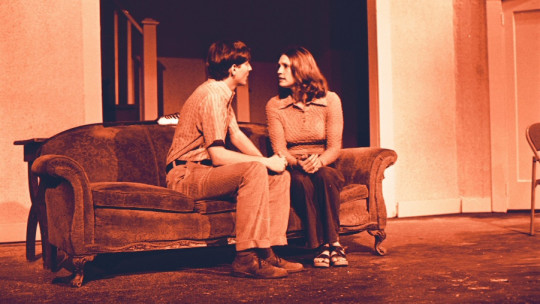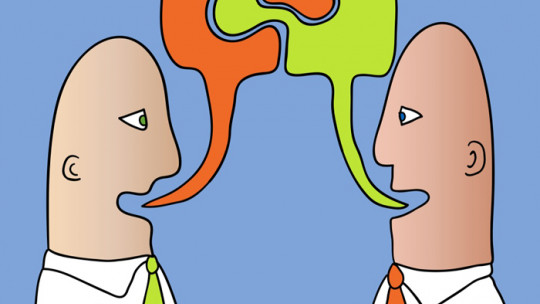
He loves me, he doesn’t love me… this childish or almost adolescent game becomes an unconscious routine over the years and can be part of your daily life in your adult life.
In relationships, especially romantic or romantic ones (the closest and in which we feel the most vulnerability) we frequently find this source of insecurity. We doubt the other’s affection, we analyze it, and we try to verify it as if we were emotional and sentimental detectives.
This difficulty, in reality, does not indicate that we are validating a specific relationship (since this happens with any type of relationship) but that we are trying to validate our own emotions and personal security. Since relationships are such an important part of our lives, the problem ends up becoming entrenched and affecting all areas. Why does it occur? How to solve it?
Why do you find it difficult to feel affection and are you overcome by insecurity?
Although when thinking about a process of change we usually imagine anxiety, sadness, discouragement, or perhaps a more practical or professional approach, the vast majority of difficulties we have in our daily lives are emotional and sentimental. This, above all, is what moves us the most, makes us learn, violates us and also scares us. For that reason, A change in the way you approach relationships changes your entire life Living relationships with constant doubts, insecurities, conflicts and even coercion ends up being exhausting.
The first step to solving a difficulty is to recognize it. Yes, the vast majority of difficulties we have in relation to our personal development are associated with how you relate to yourself and others. In personal and sentimental relationships we find many of the greatest benefits of our lives, but, at the same time, the greatest difficulties Why does it happen like this?
In an intimate relationship we experience a special dissolution in the encounter with the other. Later, a fight of egos arises, in which we try to coerce the other and accommodate them to our particular vision of life. That’s where reluctance appears, expectations are not met, we value the other’s affection and we always end up feeling that this affection does not exist (even though we will never have a real way of knowing… so much as just trusting in it).
The origin of the problem, the emotions that are involved, and above all how to take the first steps to solve it, I tell you in this video where we go much deeper and take a first step towards the solution. Hit play!
The emotional root of the problem
In relationships, sentimental or not, we experience affection, unity, understanding This benefit and learning is so essential to us that, over time, we try to control and validate it. That is when conflicts, disappointments and the desire to control appear or, if we do not succeed, break with the dissatisfaction that that relationship produces in us.
The origin of the problem is always fear. We think that our well-being depends on an external factor that we cannot control Trying to investigate the affection that the other has for us is a form of expectation that we always build in relation to fear. Why does this happen like this?
An expectation, in short, implies that you want things to happen in a certain way (it may be in relation to you or the behavior of the other). Through expectation we try to check if these external factors are consistent with your needs
However, expectations are often not met. Because? Because if we want things to happen a certain way (instead of trusting that what happens is right, just as we trust the affection of the most important attachment figures in our lives, like a father or mother) it is because in reality we are afraid that they will not happen. Expectation is built from fear, and that implies that we are living our relationship conditioned by fear and insecurity.
The vast majority of people who have this difficulty (every person has experienced it at some point) believe that the problem lies in the other person or in the way they approach the relationship. However, There is a deeper origin, which is the way you understand and manage your emotions which is in turn the greatest condition for building your relationships in one way or another.
It’s about making a decision: having your emotions against you or in your favor. Choose between fear and trust. This is the most complex and at the same time most transformative learning that we can do in our lives.
In the last 10 years I have accompanied people as a psychologist and coach in their change processes, and this problem was very common (not only in one relationship, but in several relationships and over the years). The solution lies in your own personal learning. At empowermenthumano.com you have options to take the first steps in your process of personal change, with expert and constant company (not only with sessions but in a daily and totally personalized way).
Your relationships change when you change the way you conceive them Everything changes through your own change. That is the most important decision you can make.








